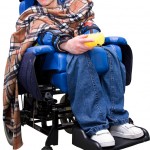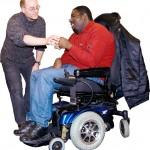
Intrathecal Baclofen Therapy (IBT) is used in the management of severe spasticity in the body which cannot be adequately treated by oral means. The treatment is administered through an implantable infusion system, introduced into the space under the arachnoid membrane of the brain or spinal cord. This study set out to explore the impact of [read the full story…]








